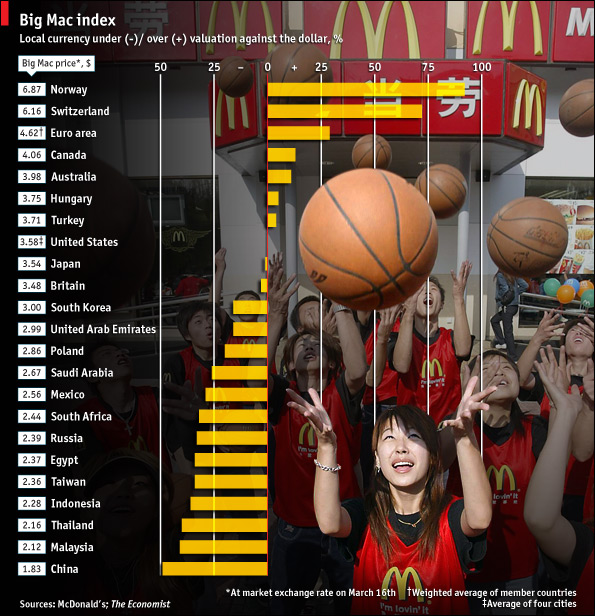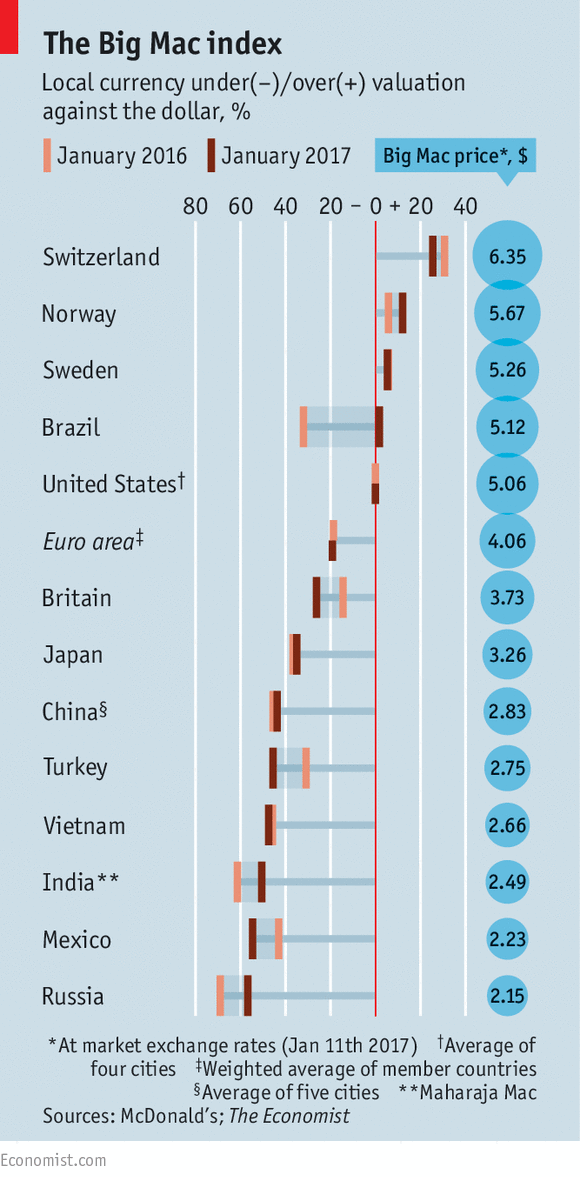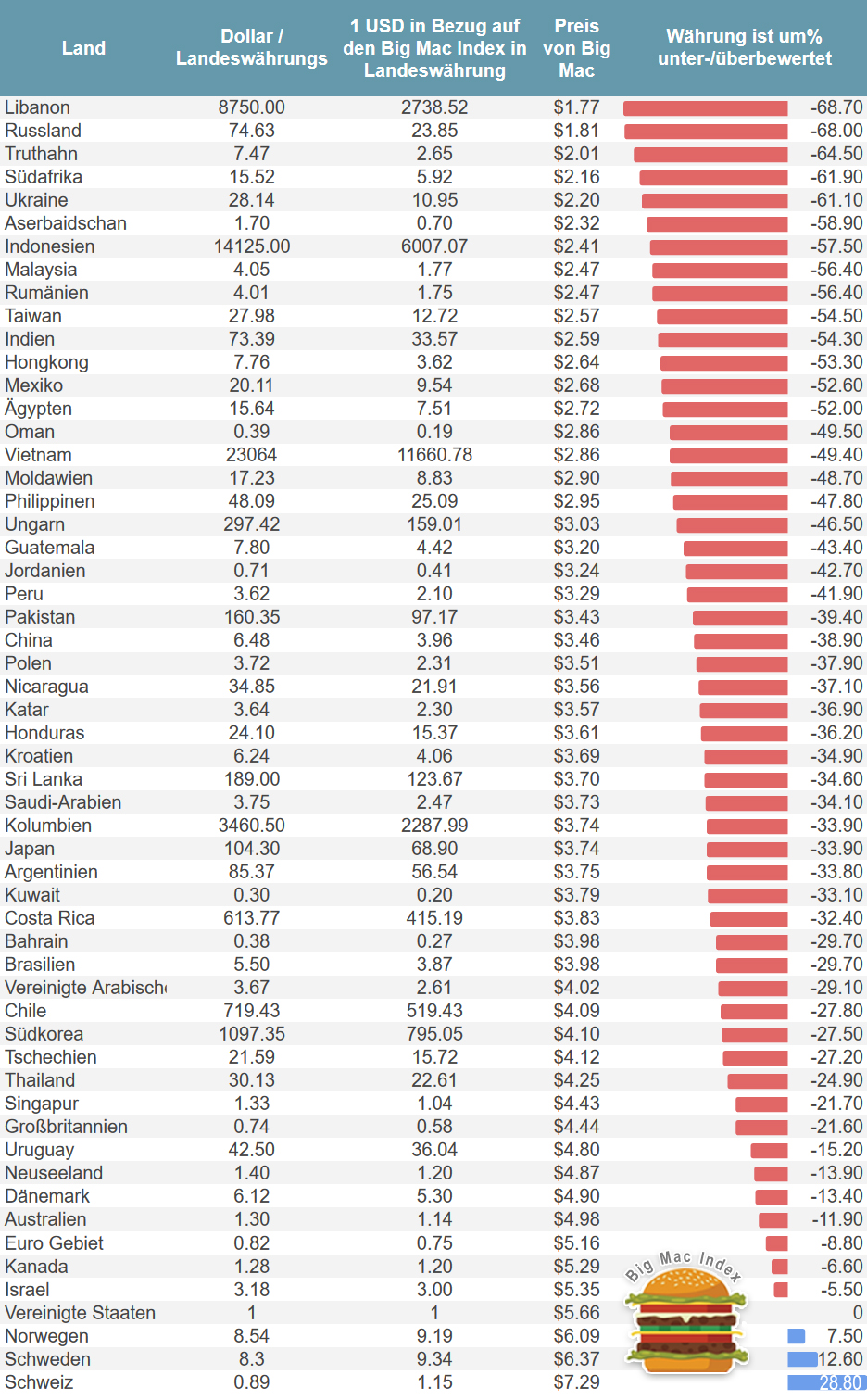
Of more interest is what it means when it happens. Thus overvaluation or undervaluation of an exchange rate, for either reason (PPP or current account balance) should be thought of simply as something that happens. Also, there is no reason to think that current account balance represents some equilibrium or goal for an economy: countries can run trade deficits or surpluses for an extended period and suffer no ill effects.


As was previously discussed, PPP is unlikely to hold, even over very long periods, for a variety of very good reasons. However, one should refrain from accepting this implication. The mere use of these terms suggests immediately that there is some “proper” value for the exchange rate. The person may mean the exchange rate is overvalued with respect to purchasing power parity (PPP), or he may mean the exchange rate is overvalued relative to the rate presumed Needed to balance the current account (CA). The first question one should ask when someone claims the exchange rate is overvalued is “overvalued with respect to what?” There are two common reference exchange rates often considered. It is quite common to hear people claim that a country’s exchange rate is overvalued or undervalued.

Recognize how the terms overvalued and undervalued exchange rates are defined, applied, and interpreted.


 0 kommentar(er)
0 kommentar(er)
